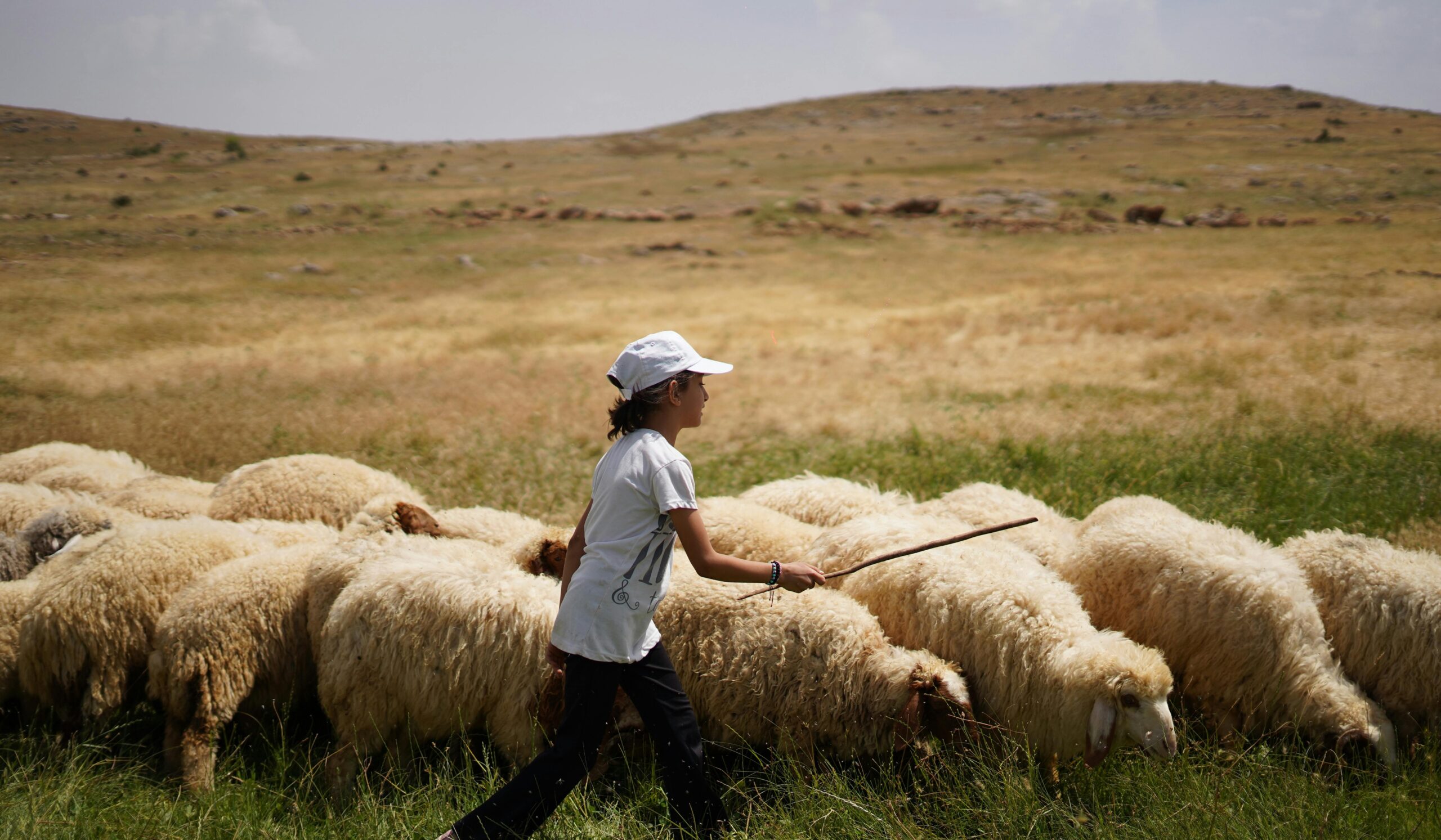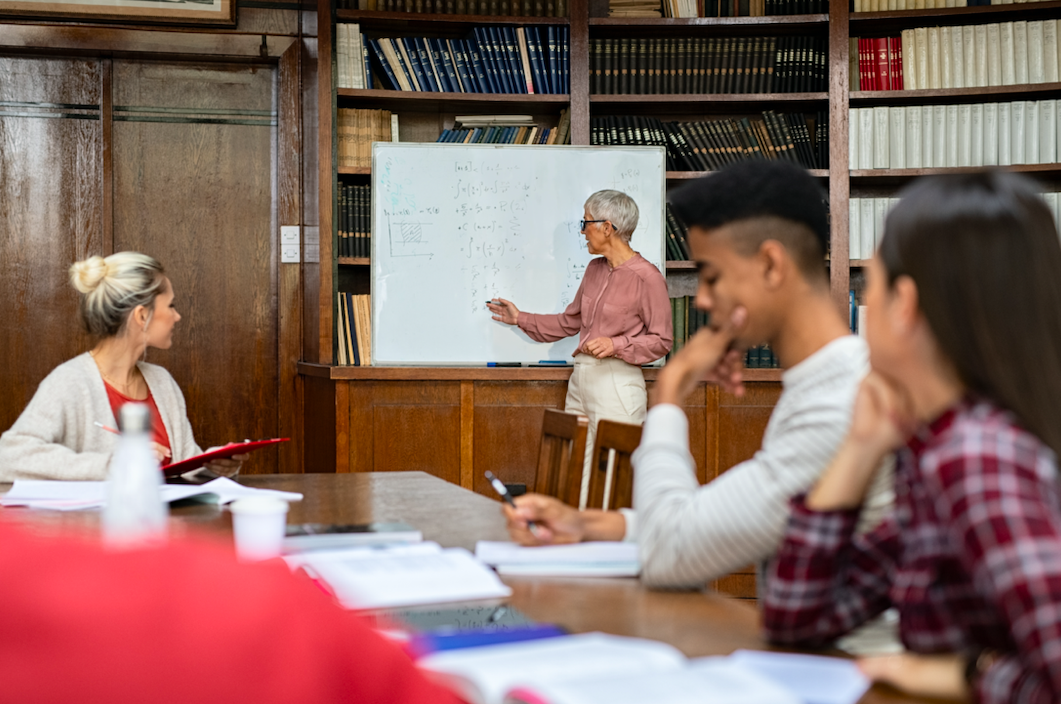
How to Teach Your Students To Be Responsible Decision Makers
By: Tim Elmore
I remember it like it was yesterday. I met with three high school students following a major brawl after a Friday night football game. A group of students from each high school began trash-talking each other, and the clash got heated. Within moments, words were exchanged for fists. The fight required security guards, teachers, and parents to break it up. Too often, teens fall into this trap.
What saddened me the most was the three young men I met with to discuss the fight had come ready for this Friday night encounter with metal pipes and brass knuckles. In other words, they had planned and prepared for it. It wasn’t merely impulsive behavior, it was a well-thought-through plan.
As in many cases like this, two of the three students felt regret.
Two of them apologized for their words and actions and even offered to make it right by doing community service and offering an apology to the other school. When they tried to explain what had happened inside of them, they said things like:
“I guess I wasn’t thinking about what would happen after it was over. I was just pi**ed off at how they disrespected us.”
“I am really sorry. I don’t know what made me take things to an extreme.”
“I never thought how this might go on my record when I apply to college.”
Better Decisions, Fewer Regrets
This kind of impulsive behavior can be common in adolescents. The amygdalas inside their brains are more developed than their prefrontal cortexes, which hinders them from thinking about the long-term implications of their actions. I believe one of the best-kept secrets to helping students make good decisions is teaching them to ask questions before acting. These questions are personal and can be life-changing.
My friend and author, Andy Stanley, just released a new book called Better Decisions, Fewer Regrets. It’s a down-to-earth guide to good decision making. Students can even practice answering the book’s questions in order to make good, long-term decisions. The premise of the book is this: Your decisions determine the direction and quality of your life. And good questions are connected to good choices.
Five Questions to Ask Yourself When Making a Decision
Question 1: Am I being honest with myself…really?
This is the integrity question. It is about self-awareness and self-leadership. The easiest person to deceive is the one in the mirror. The moment I sense that I’m trying to sell myself on something, I must stop. We rarely have to sell ourselves on the right thing to do. This question about being brutally honest with ourselves can keep us from lying.
Question 2: What story do I want to tell?
This is the legacy question. Every decision we make becomes a part of our story–the college we attend, the job we take, the person we marry, or the fight we had on Friday night. When people ask about our backgrounds, we tell stories about the decisions we’ve made. We all have a great story we’d like to tell. But then, there’s our true story. The bad chapter of our life doesn’t have to be the last one. We get to choose how it ends.
Question 3: Is there a tension that deserves my attention?
This is the conscience question. We can get into situations (on campus, at work, or at a party) and find ourselves feeling hesitant. We feel a check in our spirit. We need to pay attention. Even if it doesn’t seem to bother anyone else, our conscience can begin poking us, telling us something is wrong about a choice in front of us: the lie we just told, the gossip, the expense report, etc. We must pay attention to the tension.
Question 4: What does love require of me?
The relationship question. We cannot be fully happy unless we are relationally healthy. This one has a different reward than the other four questions. Parents can argue their children right out of the house. Kids feel judged or trapped where rules are more important than relationships. Teens can do the same. Both are selfish. We must stop trying to manipulate or coerce. We must simply ask: “What would love do in this situation?”
Question 5: What is the wise thing to do?
This is the maturity question. A series of unwise decisions brings us to the point of regret. Not necessarily illegal or unethical choices. Just unwise. I love the short phrase: “There’s good and there’s bad but that’s not our cue; we must ask ourselves: what’s the wise thing to do?” Many teens snuggle as close as possible to disaster and hope to stay out of trouble. The mature live within the boundaries of wise choices.
What is the wise thing to do in light of my:
- Past experiences?
- Present circumstances?
- Future hopes?
To live this way, there will be sacrifices. We must value the ultimate over the immediate. Opportunities, friendships, health, money, and family. These are the questions I believe we must be teaching our students to ask.
Responsible decision making is one of the competencies students discuss when they experience social and emotional learning. We teach each of the CASEL approved competencies in our digital Habitudes for Social and Emotional Learning courses. CHECK THEM OUT HERE.







